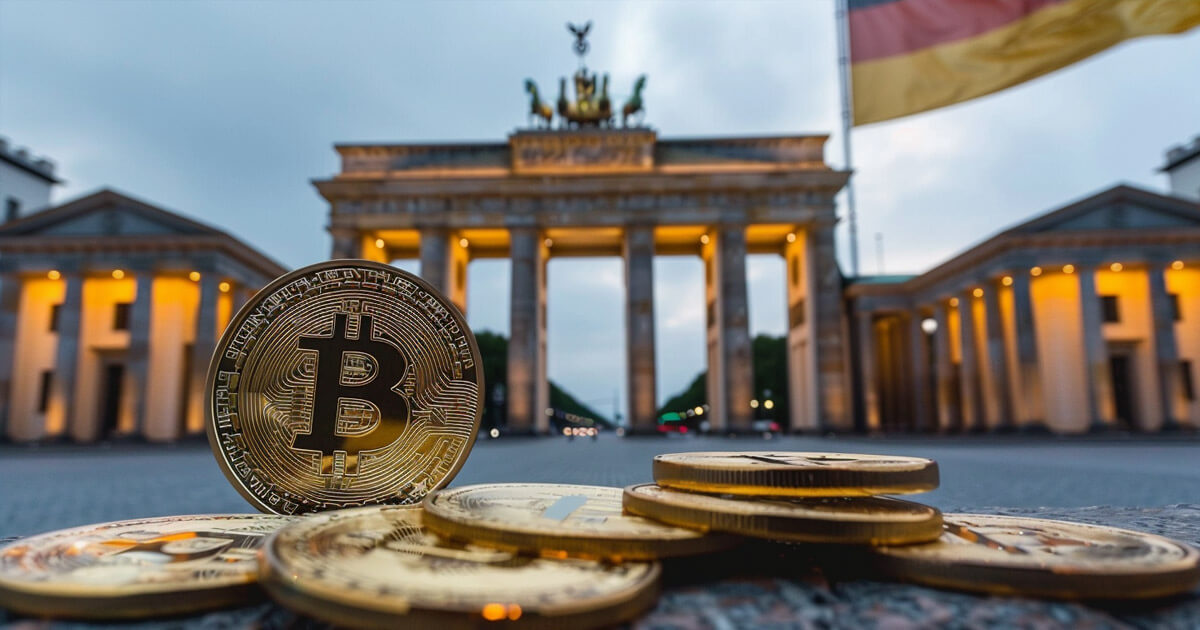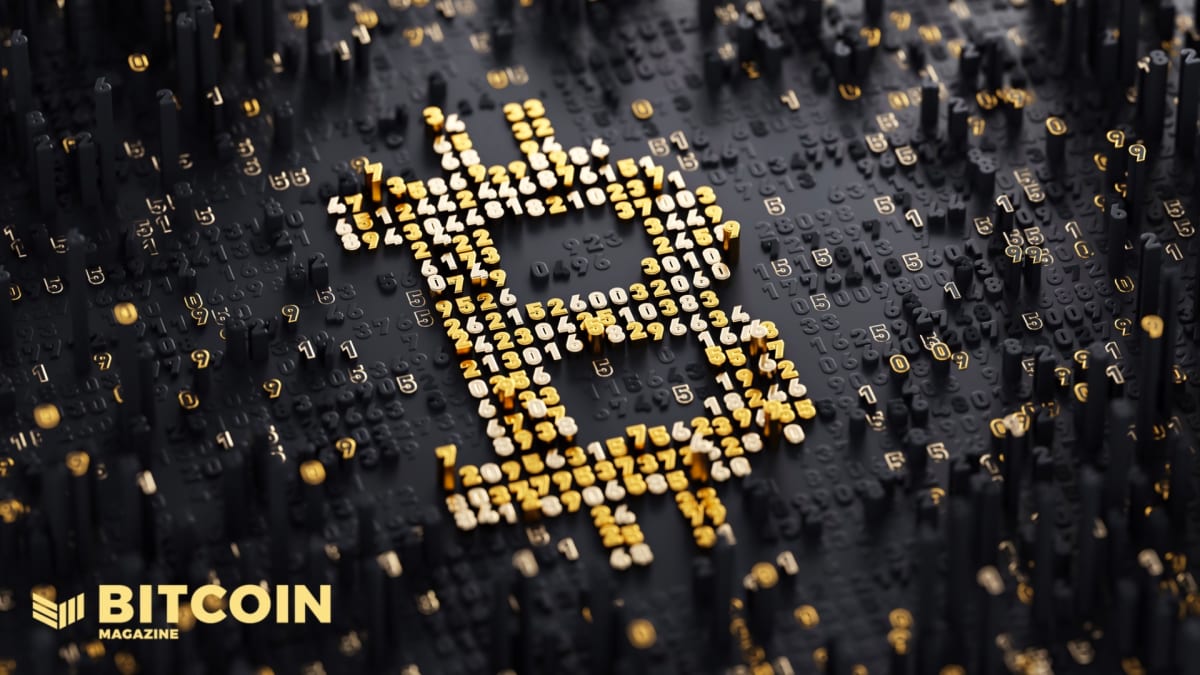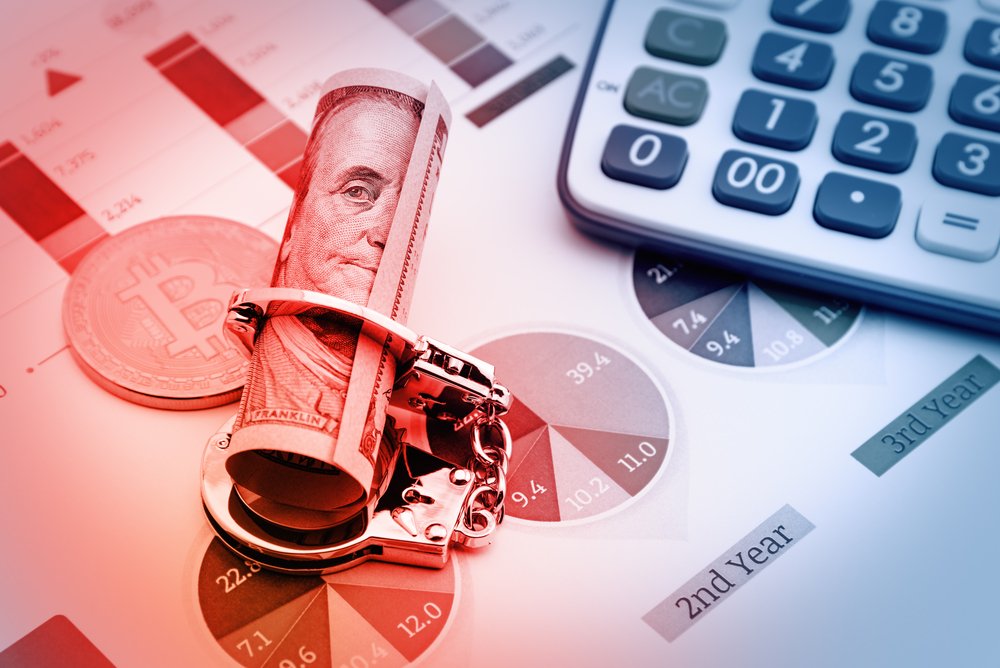
2024-3-5 17:15 |
The below is an excerpt from a recent edition of Bitcoin Magazine Pro, Bitcoin Magazine's premium markets newsletter. To be among the first to receive these insights and other on-chain bitcoin market analysis straight to your inbox, subscribe now.
The United States federal government has once again added to its substantial Bitcoin hoard, transferring $922 million worth from wallets associated with Bitfinex hackers in a seizure.
Over the course of a series of various seizures and other asset forfeitures, the United States federal government has accumulated and holds enough Bitcoin to unquestionably count as one of the largest whales. In the earliest days of the Bitcoin scene, the overwhelming crypto-anarchist spirit among the community led to a series of various extralegal business ventures, most famously the Silk Road. This overtly illegalist era of the industry is more or less completely over, but the success of these early ventures accumulated massive amounts of Bitcoin: which has in time been accumulated by the US government.
The Silk Road alone has been at the center of several massive seizures from law enforcement agencies, with the site’s actual coffers far from the only source. On multiple occasions over the last few years, various hackers who robbed the Silk Road have in turn seen their assets seized and added to the federal government’s massive stockpile. Even though hundreds of millions of bitcoins from this source have already been sold at government auctions or through other means, there are still billions left to go. For their part, law enforcement agencies seem to be in no hurry to wash their hands of these assets.
SourceOn February 29, the stockpile grew once again when the government moved more than 15k bitcoins from the wallets of two Bitfinex hackers. The hackers, Ilya Lichtenstein and Heather “Razzlekhan” Morgan, recently testified about their 2016 hack of Bitfinex, which ranks as one of the most profitable heists of all time with nearly 120k bitcoins stolen. Bitfinex, one of the oldest still-operating exchanges in the entire crypto ecosystem, is still a prominent service, but their operations still bear lingering scars from a theft of this magnitude. For one thing, US citizens are completely forbidden from accessing the platform, along with citizens from several other countries. Perhaps it is for this reason that the Justice Department has refused to state whether or not the government intends to reimburse Bitfinex’s 2016 customers, who actually had their money stolen.
Regardless of what the government’s plans are with this money, a seizure like this has once again highlighted the sheer size of the federal government’s Bitcoin reserve. Thankfully, the government’s dealings with these assets are all a matter of public record, and Bitcoin transactions themselves are all completely transparent on the blockchain. For this reason, analysts are confident in the claim that the United States holds just shy of 200k bitcoins, worth approximately $12.1 billion. This makes them unmistakably one of the largest whales out there, with only Binance and Satoshi holding greater amounts. In fact, the government currently holds nearly 1% of all Bitcoin in circulation. Regardless of claims that prosecutors have no interest in maximizing profits when disposing of these assets, it’s undeniable that the government holds substantial leverage over the whole space.
These seizures are particularly interesting due to some recent comments made by exiled whistleblower Edward Snowden. Specifically, considering the rising global acceptance of Bitcoin in regulation and traditional finance, Snowden predicted that “A national government will be revealed this year to have been buying Bitcoin—the modern replacement for monetary gold—without having disclosed that fact publicly”. If Bitcoin is the digital gold, after all, it would only make sense that powerful nations would want to build up reserves. The strategy has famously worked for the Salvadoran president, Nayib Bukele, who greeted the new bull market with a declaration that his country’s Bitcoin investment has gone up by 40% since the initial purchases. Not, of course, that he plans to sell.
In any event, Snowden’s comments seem especially relevant in that the United States hasn’t actually purchased any of the Bitcoin it currently holds. Even though the government has a theoretical responsibility to dispose of these assets, the pace as of yet has been glacial, and in the meantime, it would be extremely straightforward for Congress to halt these sales. All it would take is a desire for the policy to change, and a genuine Bitcoin reserve could spring up overnight. This is the crux of Snowden’s specific prediction that governments will acquire Bitcoin secretly and that the government has ample plausible deniability. We don’t have a reserve; we just happen to be reserving these assets for a later sale. There is nothing suspicious about that!
If a government did actually want to acquire massive quantities of Bitcoin in secret, it would run into a great number of transparency problems caused by the trustless nature of Bitcoin’s blockchain. The anonymous “Mr. 100” has made headlines throughout the month of February, acquiring a mind boggling 100 BTC per day and reaching the status of the 15th largest whale. As chain analysts have tried to determine the buyer’s identity, speculation has already begun that a national government is the culprit. Based on the timing of the purchases and several other factors, the buyer is likely in Asia, specifically the Middle East. Qatar, the United Arab Emirates, Saudi Arabia—all these are strong candidates to be the coins’ rightful owners.
In other words, if a government wishes to build up a Bitcoin reserve, it might be easier to seize the assets outright rather than buy them at fair value. After all, if the transactions will be recorded on the blockchain either way, why not save their money? The UK seems well-positioned to build up a stockpile in this way like the Americans, having seized $1.77 billion in January. Not only were these bitcoins seized from a foreign national currently on the run, with no recourse to recoup these funds, but the British government has subsequently passed legislation deepening its power to seize or freeze cryptocurrency assets. It wouldn’t take much to start building up a notable hoard in its own right.
By this point, the days when Bitcoin’s core community held a defiant attitude towards law enforcement are a distant memory. Although people can commit crimes centered around Bitcoin just like they can with any other currency, the fact of the matter is that Bitcoin is only becoming more legitimate for the world’s governments. US regulators approved a Bitcoin ETF, and other countries are falling like dominoes to endorse it themselves. Eventually, it’ll be a necessity for powerful governments to stay on par with their competitors and maintain their own reserves of Bitcoin. The US, after all, controls nearly 1% of a massive industry with substantial leverage over it. Are they going to be the only country with this leverage? It may be difficult for any nation to build up these stockpiles in secret, but even so, the race has already begun. No matter who wins it, it’s Bitcoin that will be on top in the end.
origin »Bitcoin price in Telegram @btc_price_every_hour
Bitcoin (BTC) на Currencies.ru
|
|






















